
DraftKings is committed to ensuring a safe, fun, and fair experience for all
To that end, Game Integrity investigators consistently monitor DraftKings’ peer-to-peer game ecosystem. In addition to its proactive detection and protection processes, Game Integrity is also committed to reviewing all player-submitted concerns to supplement its extensive data-centric internal reviews. If you have concerns about the integrity of a contest, you can get in touch with Game Integrity by emailing GameIntegrity@DraftKings.com.
DraftKings is committed to ensuring a safe, fun, and fair experience for all
To that end, Game Integrity investigators consistently monitor DraftKings’ peer-to-peer game ecosystem. In addition to its proactive detection and protection processes, Game Integrity is also committed to reviewing all player-submitted concerns to supplement its extensive data-centric internal reviews. If you have concerns about the integrity of a contest, you can get in touch with Game Integrity by emailing GameIntegrity@DraftKings.com.
Adherence to the Community Guidelines helps to ensure that the integrity of our contests is maintained. The examples below outline permitted and unpermitted behavior while playing in our Fantasy contests.
